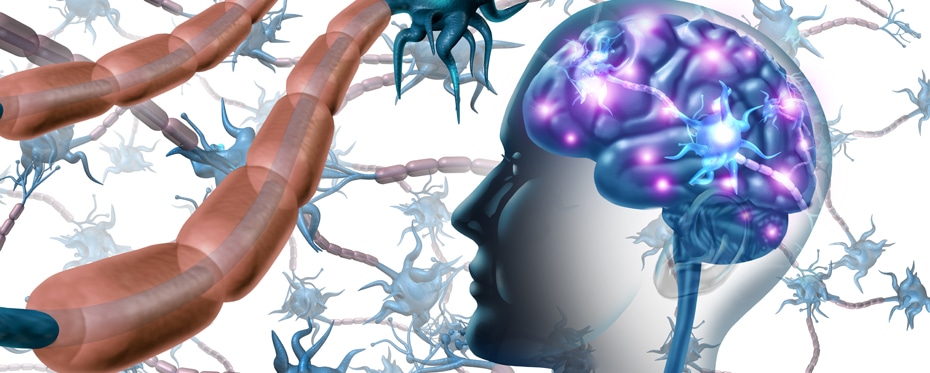Tag: cognition
When children’s storytelling says so much more

We take for granted that our children tell stories. But what if they can’t? Oral storytelling is a bridge to literacy, yet many children do not develop this skill naturally. Research has shown that narrative skill at school entry predicts writing and reading comprehension up to ten years later. Narrative intervention is a form of language therapy and a classroom […]
Read More… from When children’s storytelling says so much more
Traditional kava-drinking, cognition, and driver fitness

Kava, or ‘the plant of the gods’, grows widely across tropical Moananuiākea (the Pacific). Used in traditional medicine, its roots are also ground and steeped in water to make a drink with relaxant effects. Kava has deep cultural significance, but because it is customarily consumed in large quantities over several hours, concerns have been raised about its effects on driver […]
Read More… from Traditional kava-drinking, cognition, and driver fitness
Reframing understanding as a phase transition

When understanding comes to us, it can come suddenly. As we finally see how the different parts of a problem fall into place, it can bring about feelings of satisfaction, and perhaps even frustration that we did not discern the seemingly obvious solution beforehand. In their research, Dipl.-Phil. Elena Popova and Professor Valentin Popov at Technische Universität Berlin argue that […]
Read More… from Reframing understanding as a phase transition
The Benefits of Exercise on the Mind

Exercise has long been advocated as a way to enhance physical health, but it has also been shown to have several benefits on the mind. More recently, research has focused on how exercise can improve cognitive function. Over the past three decades, Drs Phillip D. Tomporowski and Caterina Pesce from the University of Georgia and the University of Rome, respectively, […]
Mind as Energy

Dr Holly Pollard-Wright, independent researcher and CEO of Wild Ride Wildlife Services, has developed a transdisciplinary theory of mind which draws on principles from classic and quantum physics, ancient philosophies of transforming the mind, and modern principles of behavioural and cognitive science. The mind is viewed as energies of relationships, with no beginning and no end, that give rise to […]
The Wales Adoption Cohort Study: Childhood Risk and Resilience

Professor Katherine Shelton and Dr Amy Paine from the School of Psychology at Cardiff University have been conducting research examining the mental health of adopted children in Wales. This research tracks the children across a four-year period and assesses emotional, behavioural, and cognitive factors at different points in time. It also examines how parenting impacts adopted children’s mental health problems. […]
Read More… from The Wales Adoption Cohort Study: Childhood Risk and Resilience
The Neuropsychology of How Ritual Creates Religion

The research of Dr James Jones, clinical psychologist and Emeritus Professor of Religion at Rutgers University in the U.S., exists on the border of religion and science. He fuses neuropsychology with philosophy of mind to discover scientific explanations for religion. In his most recent publication, Dr Jones specifically explores how bodily behaviours, such as religious ritual, can affect a person’s […]
Read More… from The Neuropsychology of How Ritual Creates Religion
Better together: How a multidisciplinary team is seeking new ways to tackle cognitive problems in MS patients

Multiple sclerosis (MS) is a chronic disease affecting the brain and spinal cord. Symptoms vary between patients, and can range from fatigue and muscle stiffness to problems with vision and walking. Cognitive problems are relatively common among MS patients, affecting 40-60% of sufferers. These problems, which can include memory loss and difficulty multitasking, can have a significant impact on a person’s […]